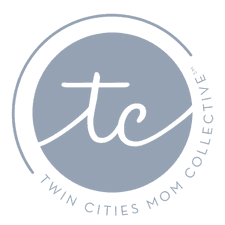“Mommy, I hear train,” my two year old, Charlotte, signs to me with her micro-toddler fingers. My daughter doesn’t share my disability; but her little fingers know American Sign Language (ASL) and she already uses some of it at home.
On some level, I know Charlotte understands that I’m different than her because she waves at me to get my attention and she signs to me when she hears the nearby passing train. She knows I don’t hear it.
Yet, Charlotte doesn’t otherwise see diversity or differences. Her current worldview is pure and admirable; but I’m eager to share my passion with my daughters. Talking about disabilities and diversity is a topic near and dear to my heart. On the day that she finally notices a woman with a wheelchair or therapy dog, I’m excited to explain, “She’s different, like mommy.”
Though while I envision our first conversation about disabilities to be a warm and endearing moment, my reality will probably be much different. Charlotte will probably be on the floor mid-tantrum in the middle of Costco on a busy Saturday with sticky fingers and messy hair. In that moment she will notice for the first time someone’s disability and she will just unmistakably stare; or she will make an offensive observation, saying something that is both honest and objective, but insulting, in the way only a two-year old can innocently deliver. That’s just the Murphy’s Law of parenting.

When that happens, mid-tantrum, I will keep my cool knowing the following tips.
How to talk about disabilities:
Be curious yourself. Have an open heart and be confident in your curiosity. If you want to know about my lip reading, ask. If you want to introduce yourself by signing your name, do. People with disabilities appreciate questions that come from a good place. Curiosity and a genuine willingness to learn and connect are transparent.
Seize the opportunity. Toddlers are certifiable evasion detectors. They just have a nose for circumvention. It’s important to answer kids’ questions about disabilities and diversity. You have an opportunity to shape your child’s views. Seize it. If you’re not sure of an answer or you just don’t feel sure of yourself, wait and discuss it further at home later. Know that there is no shame in talking about disabilities, and acting like there is only promotes the idea that disabilities are shameful, or that your child should feel ashamed of his or her own differences. Instead, talk about it.
Highlight abilities. A disability doesn’t define a person; we are people first, and talented people at that. I firmly believe that every disability has a complimentary ability. For example, a Deaf dancer might stay on track with the music by following his partner with his eyes or by feeling the music’s vibrations. When talking to your kids about disabilities, highlight a person’s abilities too.
Be gentle. Be careful not to patronize people with disabilities or scare your child with veiled condescension. For example, Can you imagine not being able to hear anything ever again?! How does he talk to his friends?! He must be so alone! Or, He can’t see and he rides the bus! He’s beyond amazing; what a tremendous example! Teaching your child genuine empathy is a great lesson; but beware of soft biases.
Be positive about differences. Reassure your child that everyone is different; like snowflakes. Point out the differences in hair color and eye color in your own family.
Promote self-confidence. Teach your children about their own differences, strengths, and identity. Be an engaged, positive parent with a sense of your own worth and identity. Project your confidence on your children. Talk to them about their value. I plan to instill a bulletproof sense of identity in Charlotte. At two, she’s already a strong-willed Capricorn, but patience is her shortcoming. I couldn’t be prouder.




1 comment
What a wonderful topic to discuss!